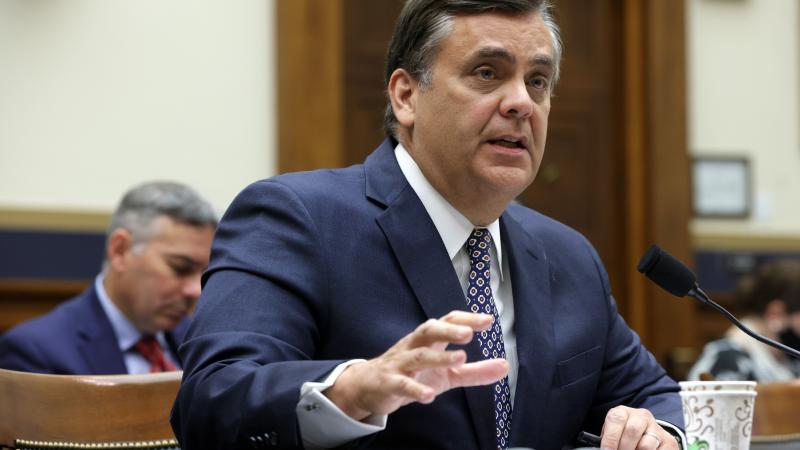Illinois Legislature approves plan to improve reading education
Forty percent of students in the third through eighth grades in the United States lack basic reading skills,
(The Center Square) -
The Illinois legislature has voted to require a statewide literacy plan to change the way reading is taught in public schools.
Senate Bill 2243 passed the state Senate May 19 in a 56-0 vote. The week before, it passed the House with only one no vote. The measure can now be sent to Gov. J.B. Pritzker for his signature.
Jessica Handy, executive director of education advocacy group Stand for Children Illinois, said the bill is an important milestone in a really long journey.
“There is definitely work to do as we develop this plan. And even after the plan is there, we have more work to do as districts implement new literacy instruction,” she said.
Forty percent of students in the third through eighth grades in the United States lack basic reading skills, the National Assessment of Educational Progress has found. Lack of reading skills in Illinois are in line with reading levels in schools across the country, Handy said.
“Illinois is not out of sync with the rest of the country,” she said.
What has changed this year is that the Illinois State Board of Education has gotten on board with the goal of coming up with a better plan to teach reading.
“We’re really excited that the State Board of Education has owned this and taken a leadership role,” Handy said.
Illinois Senate Majority Leader Kimberly Lightford, D-Maywood, was one of the key sponsors of SB 2243.
“This initiative moves Illinois off the sidelines and into the action to fight for every student to have access to the literacy instruction they deserve,” Lightford said in a news release.
The new measure requires the Illinois State Board of Education to develop and adopt a comprehensive literacy plan to improve how reading is taught by January 2024. The bill also calls for new training opportunities for teachers and a renewed emphasis on phonics.
“The state is making an important statement that we value good literacy instruction and here is a plan to show what that looks like,” Handy said.
Individual school districts will retain a lot of local control over the process, Handy said.
“There are no mandates for individual school districts. What there are is support and tools,” she said.
The statewide plan will emphasize phonics instruction, Handy said.
“Every kid is going to need some degree of explicit, sequential phonics instruction,” she said. “The way students rewire their brains to learn to read is they have to connect the sound in speech to the symbol on the page to the meaning of the word.”
Teaching phonics is only one piece of the literacy puzzle, Handy said.
“Vocabulary development, content knowledge, background knowledge, all of those things help students make meaning of the words that they are decoding,” Handy said.













